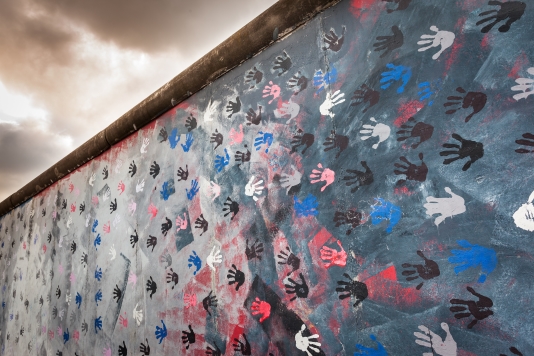Monday, 10th November 2014, 6.00 pm
RESOWI-Center, SZ 15.21
Universitätsstraße 15, building component A, 2nd floor
Keynote speaker:
Andrei Richter, Director at the Office of the OSCE Representative for Freedom of the Media
Andrei Richter was the director and founder of the Moscow Media Law and Policy Institute, Professor at the School
of journalism, Lomonosov Moscow State University, and a long-term member of the International commission of Jurists
in Geneva. Amongst many publications he is the author of the book “Post-Soviet Perspective on Censorship and
Freedom of the Media” (UNESCO 2007).
Discussants:
Florian Bieber, Director of the Center for Southeast European Studies, University of Graz
Thomas Wolkinger, Lecturer at the Faculty of Journalism and Public Relations, FH Joanneum Graz
Introduction and Chair:
Wolfgang Benedek, Head of the Institute of International Law and International Relations and Director of the European Training and Research Centre for Human Rights and Democracy of the University of Graz (UNI-ETC)
1989 was a historical year with the fall of the Berlin Wall and the breakdown of the Iron Curtain, whereby new democratic states arose and human rights gained a new significance. Since then, great progress has been achieved, especially with regard to freedom of expression, but challenges came up as well.
Thus, in the last years precisely Russia showed tendencies towards anew restrictions, which lately also concerned the internet. Surveillance is also a phenomenon that has not lost anything of its actuality. It is a more sensitive and controversial issue today than ever before and it shifts to a more invisible appearance, which makes it even more difficult to tackle.
The Office of the OSCE Representative on Freedom of the Media today is a seismograph for worrying developments and campaigns for the guaranteeing of freedom of expression and free media in all 57 OSCE member states.
It has an early warning function and provides rapid response to serious non-compliance.


